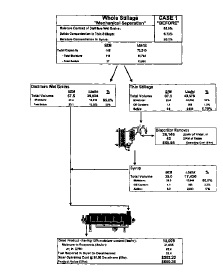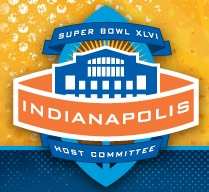Indianapolis, IN – Copyright attorneys for Broadcast Music, Inc. (BMI) New York, New York, along with Adult Music,  Gems-EMI Music, Inc., Universal-Songs of Polygram International, Inc., EMI Blackwood Music, Inc. and Counting Crows, LLC d/b/a Jones Falls Music have filed a copyright infringement suit in Southern District of Indiana alleging C & R Restaurants, LLC of Fishers, Indiana infringed the copyrighted works I want you to be me by Rick Neilsen, Jessie’s Girl by Rick Springfield, and Mr. Jones a/k/a Mister Jones by Adam Duritz, David Bryson, Matt Walley, Charlie Gillingham and Steve Bowman which have been registered by the US Copyright Office.
Gems-EMI Music, Inc., Universal-Songs of Polygram International, Inc., EMI Blackwood Music, Inc. and Counting Crows, LLC d/b/a Jones Falls Music have filed a copyright infringement suit in Southern District of Indiana alleging C & R Restaurants, LLC of Fishers, Indiana infringed the copyrighted works I want you to be me by Rick Neilsen, Jessie’s Girl by Rick Springfield, and Mr. Jones a/k/a Mister Jones by Adam Duritz, David Bryson, Matt Walley, Charlie Gillingham and Steve Bowman which have been registered by the US Copyright Office.
The complaint states C & R operates a restaurant called Casler’s Kitchen and Bar in Fishers. BMI has also named the owner of C & R, Enrique Fonseca, as a defendant in the lawsuit, stating that he had the right and ability to control the alleged infringement and financially benefitted from the alleged infringement. The complaint alleges that three copyrighted works were performed at Casler’s Kitchen & Bar on August 27, 2011 without a license or authorization from the copyright owners. BMI is seeking an injunction, damages, attorney fees and costs.
Practice Tip: In this case, the plaintiffs have sued the owner of alleging C & R Restaurants, LLC personally as well as the corporate entity. Copyright laws allow an officer of a corporation to be held liable for the corporation’s copyright infringement if the officer contributes to the infringement by inducing or encouraging the infringement. An officer can also be liable for copyright infringement if the officer supervises the infringing conduct and has a direct financial benefit from the infringement.
Continue reading








